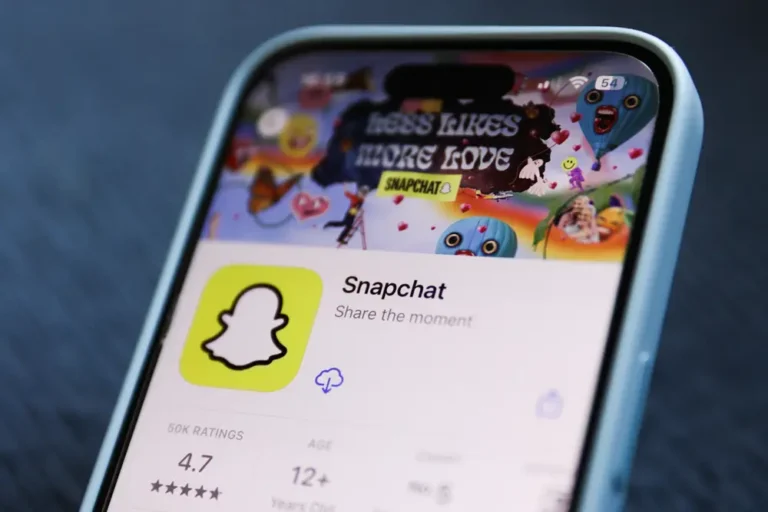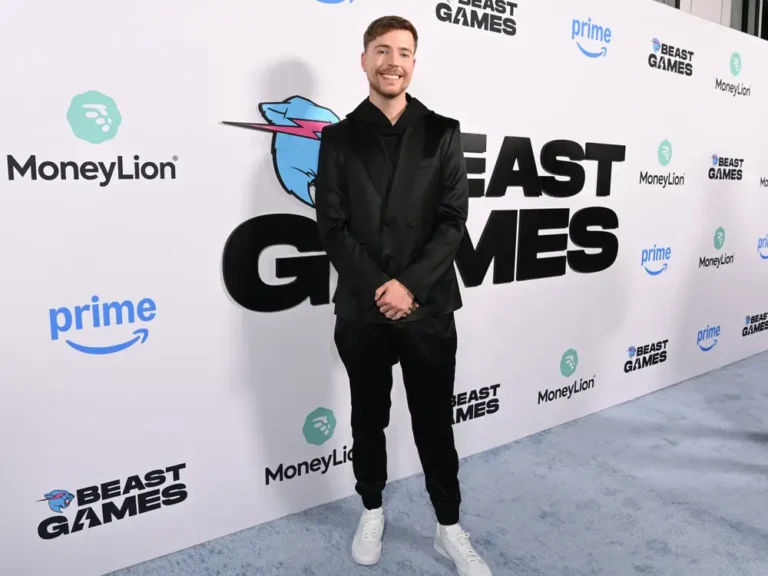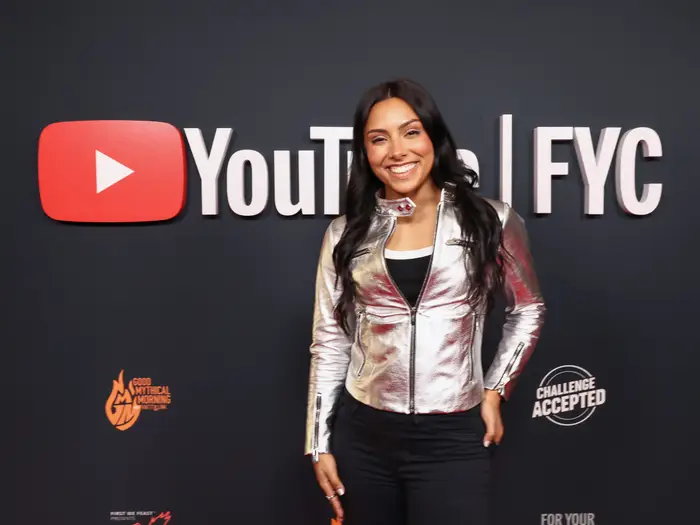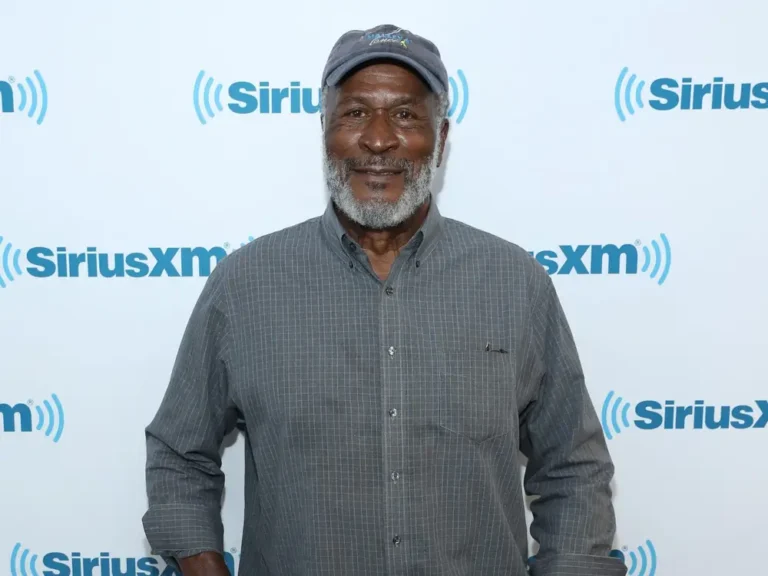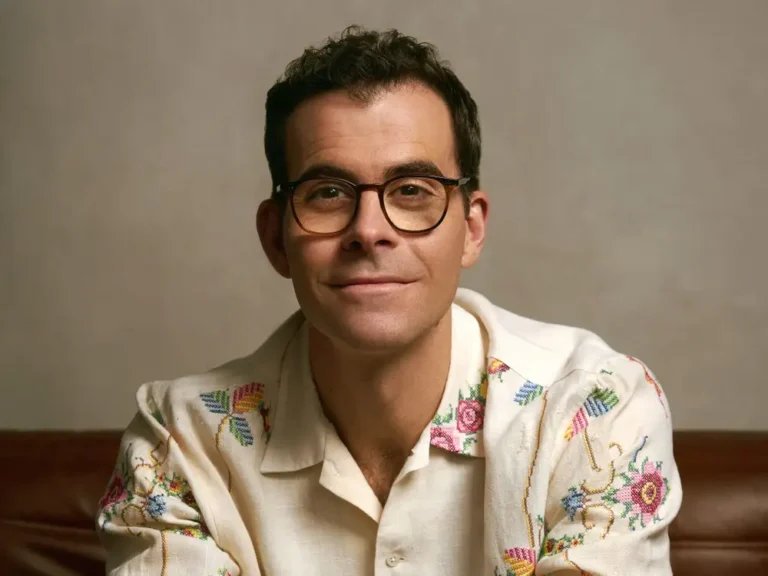New data shows the Olympic athletes breaking out on social media, from gymnast Rebeca Andrade to rugby player Ilona Maher
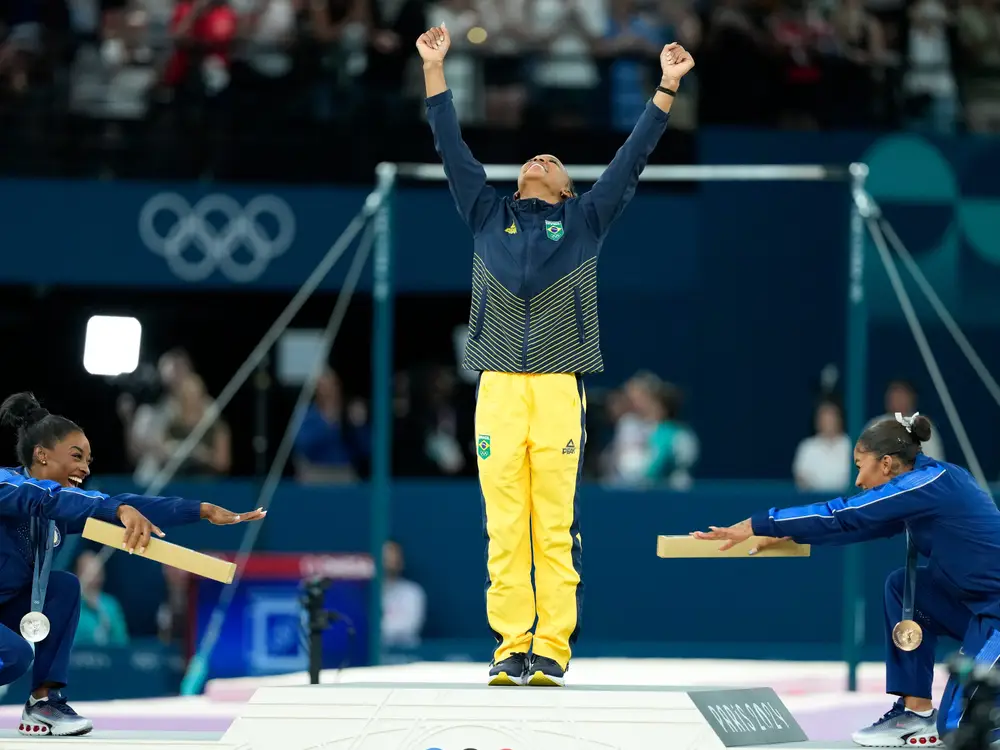
Simone Biles, Rebecca Andrade, and Jordan Chiles at the 2024 Paris Olympics.
The 2024 Paris Olympics are catapulting the careers of breakout athletes like gold-medal-winning gymnast Rebeca Andrade, who has gained a massive wave of followers and engagement from the Games.
Social-media followers aren’t only flocking to gold medalists. People are drawn to other breakout stars like US women’s rugby player Ilona Maher, who’s become known for her TikToks, as well as Norwegian swimmer Henrik Christiansen, who went viral after posting about a chocolate muffin in the Olympic Village.
Social media is playing a bigger role than ever in the Olympics this year, as audiences turn to apps like TikTok and Instagram for coverage, and athletes become influencers to leverage their biggest moments.
To measure the growth of some of the Paris Games stars, B-17 gathered data from social-media management platform Metricool and from Sprout Social, an influencer marketing and social intelligence company.
Metricool analyzed 15 breakout athletes by Instagram followers and engagement rates — calculated based on interactions per 100 people reached — from the Opening Ceremony on July 26 to August 6. (The Olympics are set to close on August 11.)
The athletes ranked in order of Instagram follower growth as:
- Rebeca Andrade gained 7.59 million, a 277% increase. Her engagement rate was 33.19%.
- Simone Biles gained 4.38 million, a 58% increase. Her engagement rate was 23.14%.
- Ilona Maher gained 2.32 million, a 236% increase. Her engagement rate stood at 12.07%.
- Sunisa Lee gained 1.26 million, a 73% increase. Her engagement rate was 28.36%.
- Jordan Chiles gained 672,390, a 114% increase. Her engagement rate was 25.02%.
- Noah Lyles gained 480,000, a 60% increase. His engagement rate was 10.98%.
- Stephen Nedoroscik gained 362,800, a 2073% increase. His engagement rate was 147.56%.
- Katie Ledecky gained 213,740, a 33% increase. Her engagement rate was 32.61%.
- Torri Huske gained 62,090, a 194% increase. Her engagement rate was 43.95%.
- Trinity Rodman gained 47,680, a 13% increase. Metricool did not track her engagement rate.
- Gretchen Walsh gained 45,000, an 83% increase. Her engagement rate was 46.44%
- Lee Kiefer gained 30,580, a 60% increase. Her engagement rate was 18.89%.
According to the data from Tagger by Sprout Social, during July, Maher and Biles were also among the top 1% for follower growth across Instagram, X, and TikTok. And, US swimmer Dani Ramirez was in the top 1% of follower growth on Instagram and the top 5% of TikTok growth.
Audiences are engaging with athletes who are fun and relatable
Fencer Hafez gained a massive following as the internet buzzed about her competing in the Olympics while seven months pregnant and winning a medal. Swimmers Huske and Walsh saw their followings grow due to their medal wins at the games. Andrade also saw a boost in followers after her floor exercise win over Biles.
Meanwhile, Nedoroscik, dubbed the “pommel horse guy,” went viral for drawing attention to men’s gymnastics, which is often overshadowed by women’s gymnastics. He became a meme after whipping off his glasses to compete on the pommel horse and helping the US men’s gymnastics team win its first medal in 16 years.
“It wasn’t necessarily him posting on social media,” said Alex Cacres, US head of marketing at Metricool. “It was more so something that happened where he gained coverage, and just the relatability of him as an athlete brought more attention to men’s gymnastics, which just in turn had him become a viral meme.”
People are tuning in to watch athletes who showcase their personalities and are entertaining on social media.
Christiansen, who has become known as the “muffin man,” grew his following because he wasn’t afraid to post playful videos about muffins online, Cacres said. Sprout Social found that he’s gained 43% more Instagram followers in the last 90 days.
“It was a silly post that he posted, and then from there, he saw that people were interested, that people were entertained, and he started posting more of those videos,” Cacres said. “It’s things like that that really set the Olympic athletes apart.”
Gen Z, in particular, is predominately following the Paris Games on social media, which is driving the greater emphasis on social media coverage compared to past Olympics, Cacres said.
“[Social media] has made it so much easier to consume the Olympic content, which I feel wasn’t the case back a few years ago,” she said. “It wasn’t as accessible, which I think is helping these Olympic stars gain that virality.”

